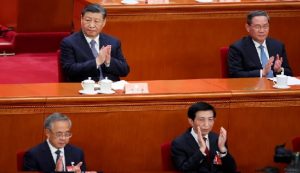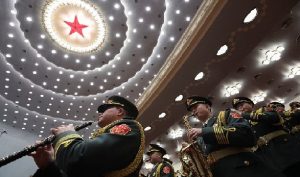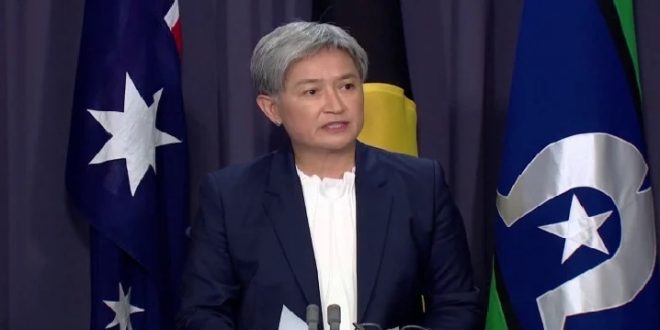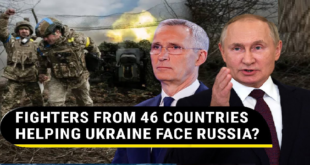05-03-2024
BEIJING: China kicks off its annual parliamentary meetings this week, which investors are watching closely for signals on economic stimulus.
Beijing has already broken with tradition, with an announcement Monday that Premier Li Qiang would not hold the usual press conference at this year’s parliamentary meeting, and that such press meetings are canceled for the rest of the current congressional term, which would typically run for another three years.
 The announcement noted there would be more ministry-level press conferences on the economy and foreign affairs, but did not say whether the foreign minister would hold a press conference as has been the case in past years. The premier’s press conference was seen as a rare chance to ask questions of high-level leadership and has reportedly not been canceled since 1993.
The announcement noted there would be more ministry-level press conferences on the economy and foreign affairs, but did not say whether the foreign minister would hold a press conference as has been the case in past years. The premier’s press conference was seen as a rare chance to ask questions of high-level leadership and has reportedly not been canceled since 1993.
China’s gross domestic product grew by 5.2% in 2023, but overall recovery from the Covid-19 pandemic was slower than many had expected. A prolonged slump in the massive real estate market and falling global demand for Chinese exports have contributed to low levels of consumer and business sentiment.
That’s all led to questions over whether Beijing will step in with large-scale support. So far, authorities have been relatively reserved.
Beijing signaled in December that any new policy support would be “appropriate,” said Wang Jun, chief economist at Huatai Asset Management, adding “there’s no way” that stimulus would be as large as it was in 2008. That’s according to a translation of his Mandarin-language remarks.
China’s economic policy is typically set at an annual meeting in December by leaders within the ruling Communist Party of China.
 The meetings this month, known as the “Two Sessions,” are at the government, instead of party, level and typically release more details on policy plans, such as the GDP target for the year.
The meetings this month, known as the “Two Sessions,” are at the government, instead of party, level and typically release more details on policy plans, such as the GDP target for the year.
Wang said he is watching for comments on authorities’ plans for the real estate sector, capital markets and local government finances.
Back in 2008, when the world was reeling from the financial crisis, China unleashed a massive stimulus package to sustain growth with greater demand. While the economy rebounded, the measures drew criticism for a resulting surge in local government debt.
Beijing in recent years has emphasized the need to stem financial risks and clamped down on real estate developers’ high reliance on debt for growth, an issue tied to local government finances. This time around, China’s monetary policy also faces constraints on how far it can deviate from the US Federal Reserve’s interest rate path. The Chinese People’s Political Consultative Conference, an advisory body, is set to kick off its annual meeting on Monday. (Int’l Monitoring Desk)
 Pressmediaofindia
Pressmediaofindia




